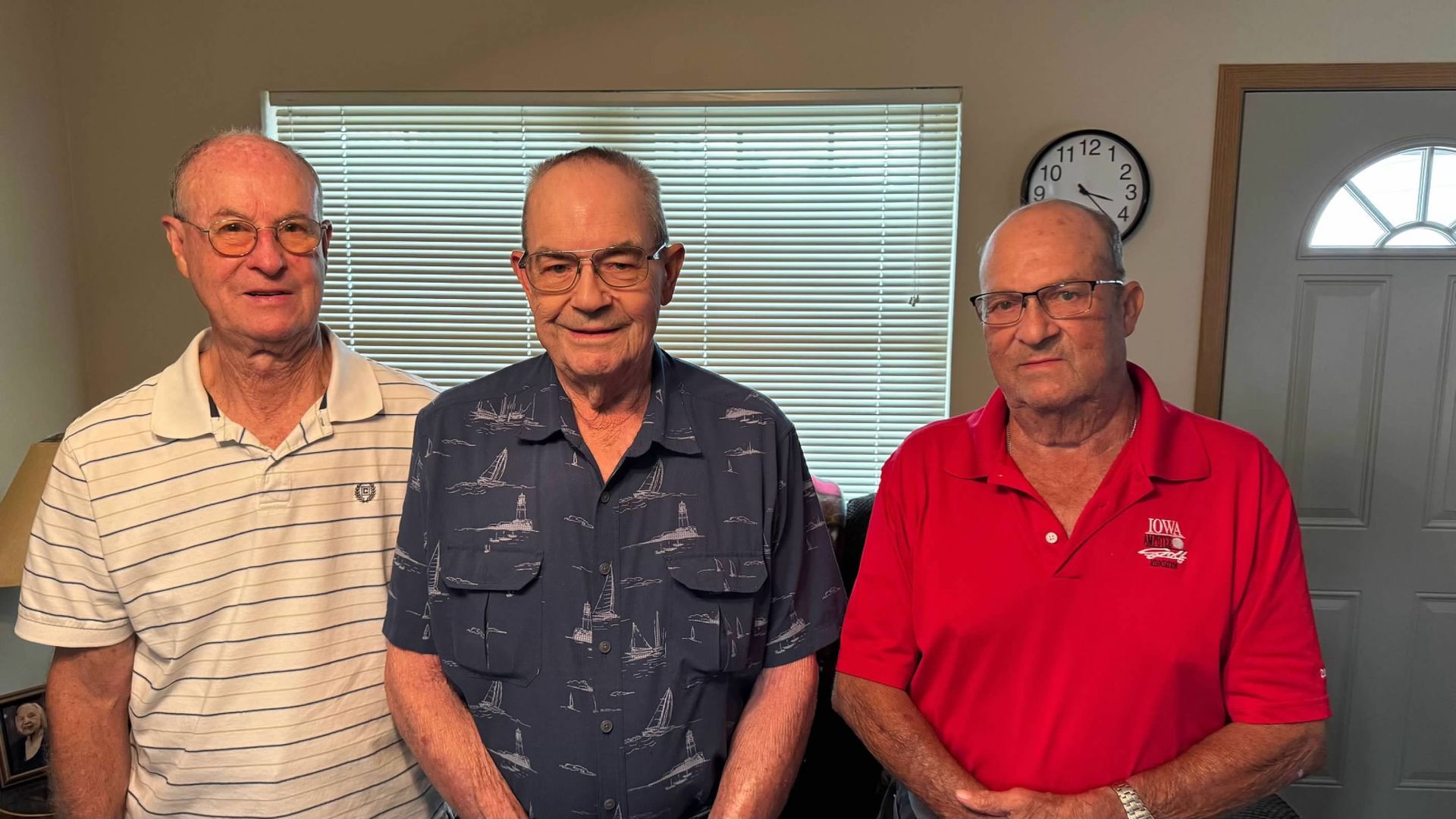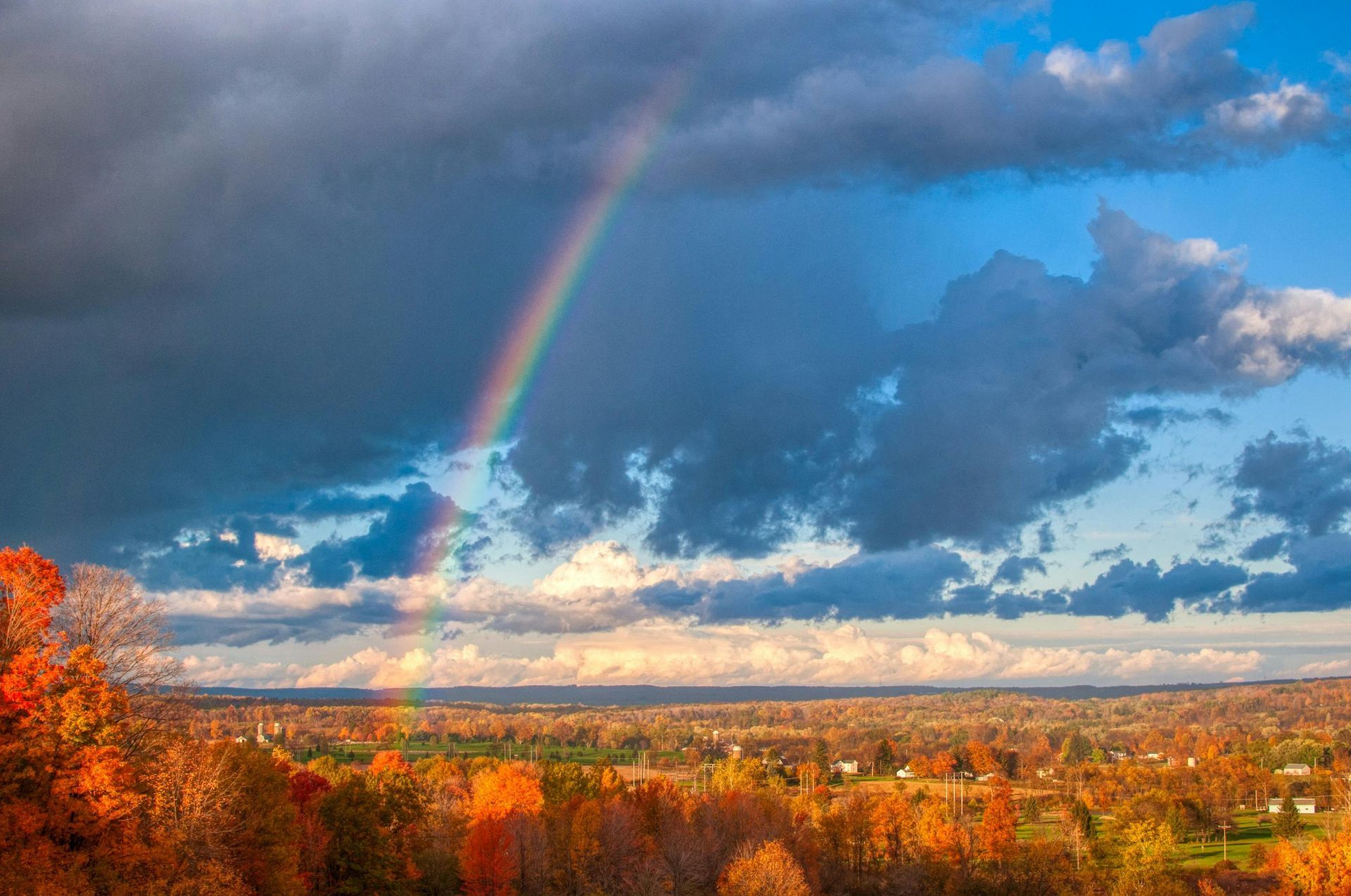Words Matter
My five-year-old granddaughter knows the power of words, and she knows that it’s not polite to call other people names or to use her words to taunt them. She knows words can be hurtful and that, if misused, they can contribute to a hostile environment. Her convictions are so strong that she is an eager enforcer of niceness. If I slip up and say something as benign as “stupid,” she is quick to point out that “stupid isn’t a nice word.”
We all knew these things at some point. It’s Kindergarten 101 or in my granddaughter’s case, pre-school 101. Unfortunately, we tend to forget the basics, and we ignore the importance of being nice, as the outside world numbs us with vitriol.
The eye-opening and sobering assassination attempt on Donald Trump is an unfortunate byproduct of an increasingly hostile environment that we’ve come to accept as normal, and it should awaken those early childhood lessons.
It’s so easy to spit ugliness into the world that we often do it without thinking. It’s much more difficult to temper our emotions and be mindful of what type of energy we share. I know, because I’ve struggled with that myself.
Several years ago, when my business was struggling and I was upset with the policy decisions of our nation’s leadership, I took it upon myself to actively criticize everything I thought was wrong with the world, and social media gave me a platform to do so. If I saw a meme that captured my anger, I was quick to share it. If someone offered a viewpoint that I disagreed with, I went on the attack, even if I didn’t know them. As if there weren’t enough of them already, I even started a Facebook page on which I posted one-sided political messages daily.
While I might have felt some vindication with each post, I accomplished very little else with my efforts. I did manage to get myself unfriended by some and probably muted by others, while I doubt that I affected the friends who shared my political beliefs. Looking back, it all seemed an exercise in futility that contributed very little to constructive dialogue.
Thoughtful and balanced political commentary has its place, but the emphasis must be on thoughtful and balanced. If the message is I am right and you are wrong or even worse, my views are beyond reproach and you’re stupid for thinking the way that you do, there is no thought or balance involved, only divisiveness. As we saw with what happened to Trump in Pennsylvania, divisiveness is already a huge problem, and doesn’t need any help in growing.
Now, when I feel the urge to share my frustrations or vent my anger, I think about what kind of energy I’m contributing to the world. Is what I’m about to say going to brighten anyone’s day or encourage them to see the world in a better way or is it going to fan flames that are already raging? Am I considering perspectives that might differ from mine or am I asserting myself as infallible? Would I want someone with a different viewpoint stoking my anger with an unthoughtful and unbalanced message from the other side?
There is already plenty of negativity in the world, and that doesn’t benefit anyone, regardless of their political opinions. It seems to me that we would all be better off if we reverted to those timeless lessons we learned in early childhood, and remind ourselves that if what we’re about to say isn’t nice, maybe we shouldn’t say it at all.

